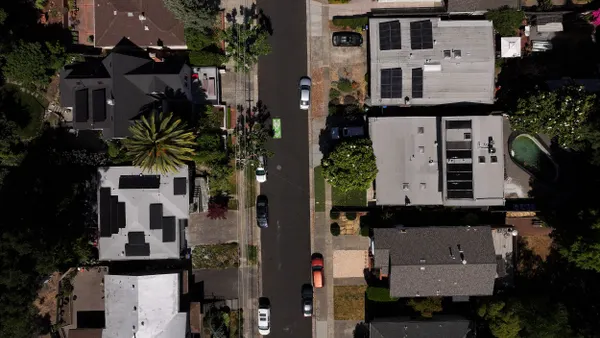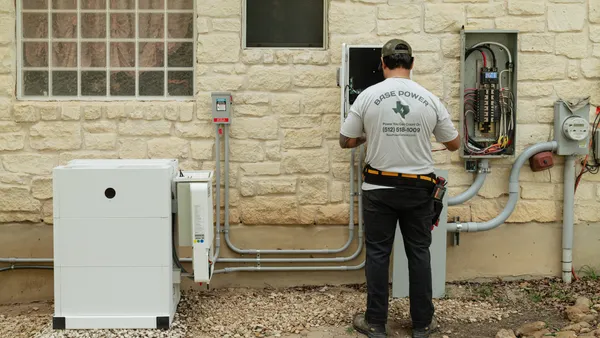Dive Brief:
- For the seventh year in a row, Massachusetts has been named the most energy efficient state in the country by The American Council for an Energy-Efficient Economy, edging out California to lay sole ownership to the top spot. Last year, the states tied in the rankings.
- Recent storms in Florida, Texas and Puerto Rico could provide a long-term opportunity to rebuild systems in a more efficient manner, ACEEE noted.
- Total utility spending for electricity efficiency programs in 2016 reached $6.3 billion. When natural gas efficiency measures are considered, ACEEE estimates that utilities spent $7.6 billion on efficiency last year.
Dive Insight:
While there was only minor shifting at the top of the rankings, ACEEE officials said states are making significant strides, including some that previously have shown minimal interest in energy efficiency.
"Some states that have gone for years without much change have made incredible strides," ACEEE Executive Director Steven Nadel said in a statement. After Idaho, Florida and Virginia, the most-improved states are Oklahoma, Utah, Nevada, Louisiana, Oregon, Washington, D.C. and Kentucky.
Improvements were seen in Florida and Texas, both states hit hard by Hurricanes Harvey and Irma. Puerto Rico, which has been devastated by Hurricane Maria, will need to rebuild its grid, but AEEE's data show this is a chance for improvement. The island territory earned just 7.5 points out of a possible 50 in the efficiency rankings, dropping a half point from last year's rankings.
"States hit by Hurricanes Harvey and Irma will need to rebuild, and energy efficiency can help them do so smartly, including improved building codes and promotion of combined heat and power systems," Nadel said. "By pursuing energy efficiency policies, states can save residents and businesses billions in the long term."
Florida and Texas can each "continue to place greater emphasis on energy efficiency policy and implementation as they rebuild in the wake of the recent hurricanes," ACEEE pointed out.
California continued to lead states in building policies, with its latest building energy code updates taking effect last January. The state has a goal of achieving net zero energy use for all new residential buildings by 2020 and commercial buildings by 2030.
The report found savings from electricity efficiency programs in 2016 totaled approximately 25.4 million MWh — equivalent to about 0.68% of total retail electricity sales across the nation.
About a third of states have worked towards adoption of Department of Energy-certified codes at least as stringent as the 2015 International Energy Conservation Code. California, Florida, Ohio, Tennessee and Virginia
all made significant updates to state building energy codes, the report found.














